Nez Perce National Historic Trail
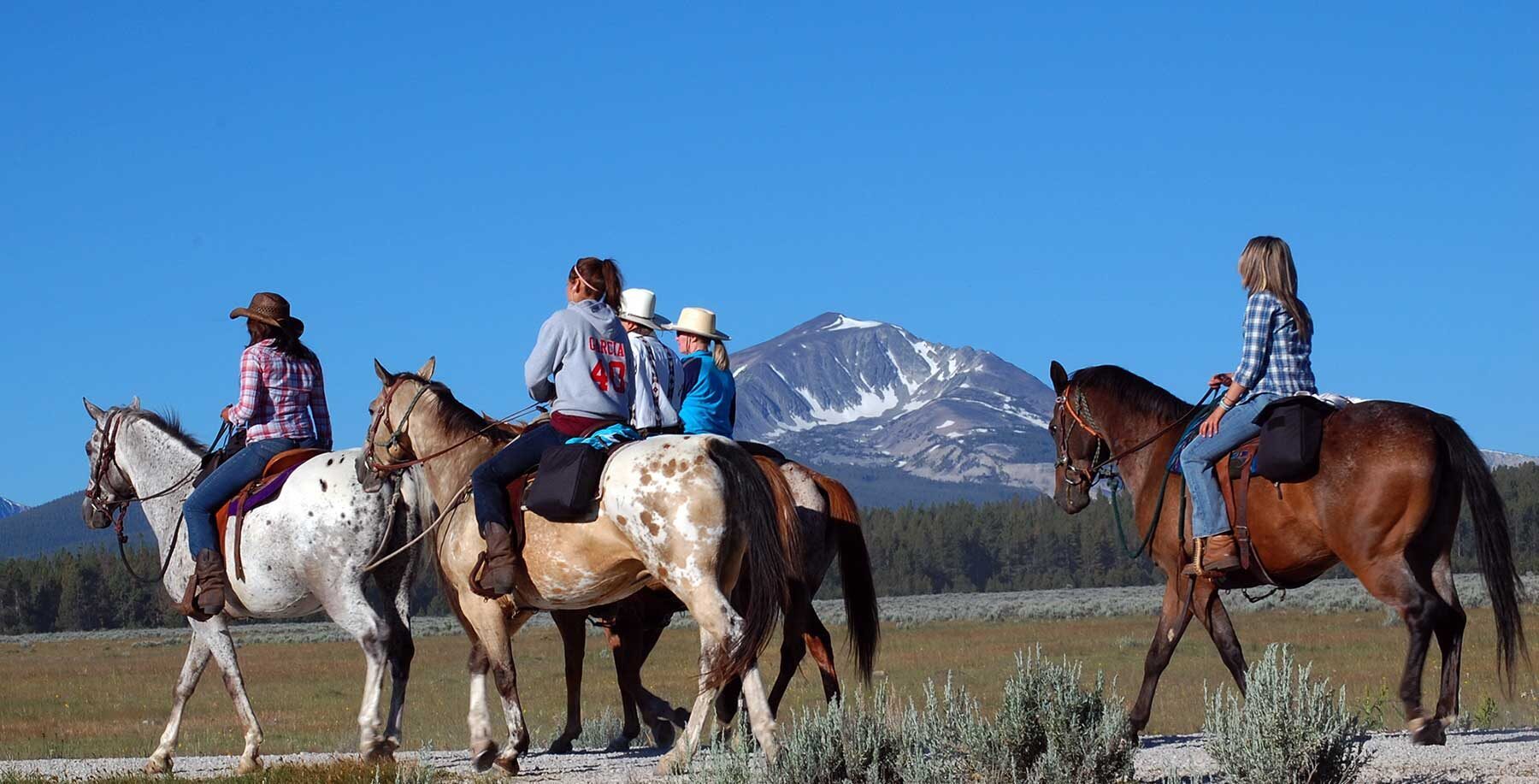

Captains Meriwether Lewis and William Clark and their Corps of Discovery traveled through Nez Perce country in the fall of 1805. After some initial apprehension, the Nez Perce embraced the expedition and provided help when the party was nearing starvation. After journeying further west, Lewis and Clark returned in the spring of 1806. They spent more time with the Nez Perce than any other tribe encountered during their expedition.
Lewis and Clark engaged in a diplomatic exchange with Nez Perce chiefs. The captains sought to establish trading posts and intertribal peace in the region. The Nez Perce were willing to cooperate as long as guns and other weaponry were provided to the tribe.
Like their Shoshone neighbors, the Nez Perce were without guns or ammunition. This left them vulnerable to their enemies who could obtain weapons from Canadian traders and also hampered their ability to hunt buffalo. The Nez Perce were known for their horsemanship and breeding, especially the Appaloosa horses, which provided a great advantage in traversing long distances in order to hunt and fish.
Chief Joseph’s father refused to sign the 1863 Treaty. On June 15, 1877, The Wallowa Band of Nez Perce (Nimíipuu) fled their homelands in Wallowa Valley in northeastern Oregon to escape being forced to move to the reservation in Idaho. They hoped to evade violent engagements with settlers and the United States Army and find a more peaceful existence living according to their traditions. An estimated 750 to 800 men, women and children and 250 warriors were pursued by military which included the 7th Infantry and 7th Calvary of the U.S. Army. They set off near Wallowa Lake in eastern Oregon and traveled a circuitous 1,170 miles over five months through Idaho, Wyoming and Montana. The Tribe planned to ally with the Crow for security, but when the Crow refused aid, the Tribe headed toward the Canadian border.
Along the way, the Nez Perce warriors valiantly fought U.S. military and citizen volunteers across a series of battles. But starved and exhausted from the journey and persistent clashes, the brave Chief Joseph surrendered following a battle near Bears Paw Mountains in Montana, less than 40 miles from the Canadian border. Led by Chief White Bird, nearly 300 Nez Perce men, women and children managed to escape the battle at Bears Paw and make their way into Canada where they joined Sitting Bull and the Lakota near Fort Walsh. Following surrender, the Nez Perce were sent to Fort Leavenworth, Kansas, and eventually to reservations in Oklahoma, where deplorable conditions led to the death of most babies born on the Indian Territory. Today, the trail represents a sacred journey, connecting the surviving Nez Perce people to the past, present and future.
Auto Tours:
Hiking/Horseback Tours
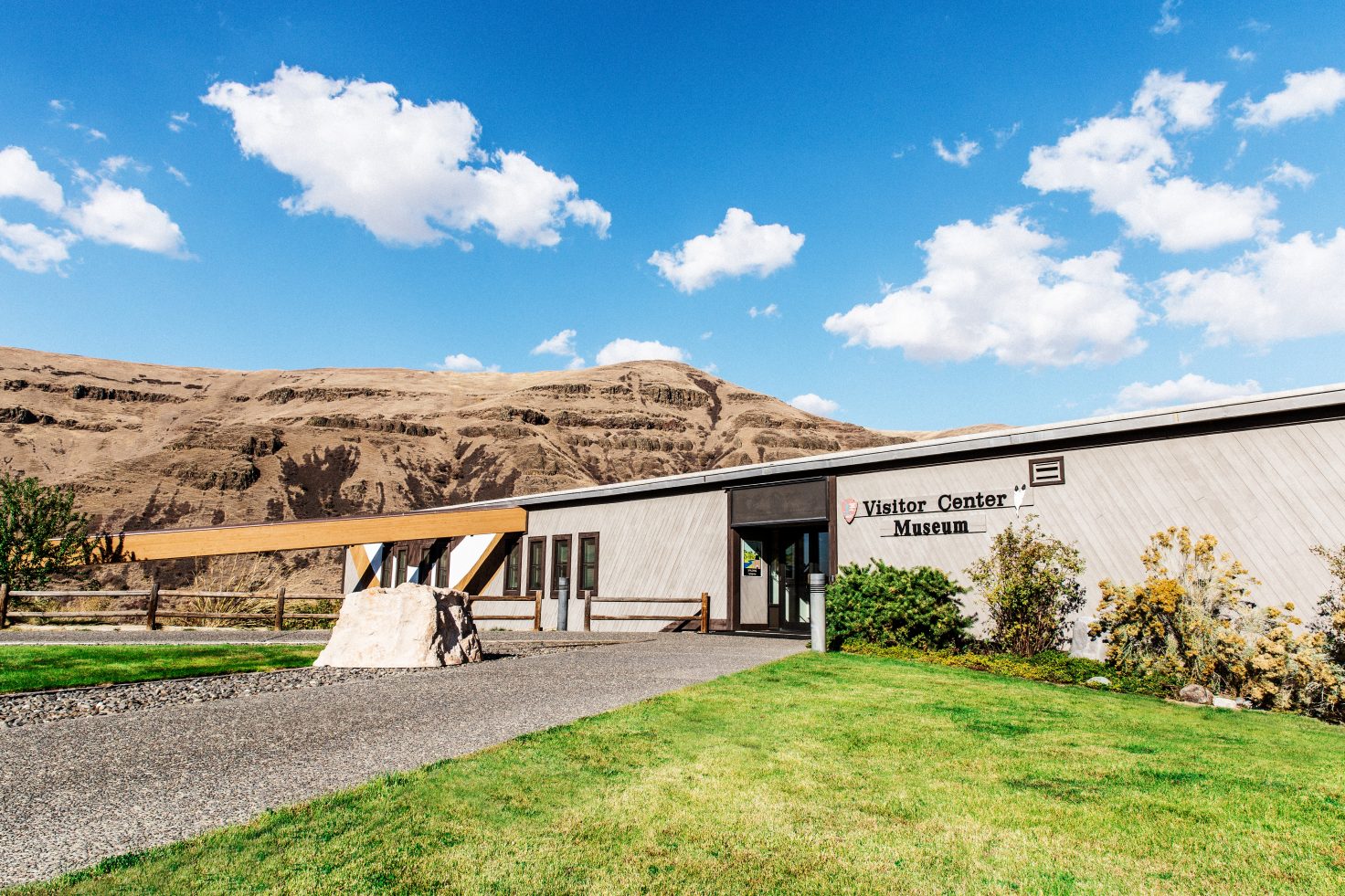
Nez Perce National Historical Park Visitor Center, U.S. 95, Lapwai, ID, USA
Distance: 0.00 mi (straight line)
Museums and Interpretive Centers Tribal Experiences
View Listing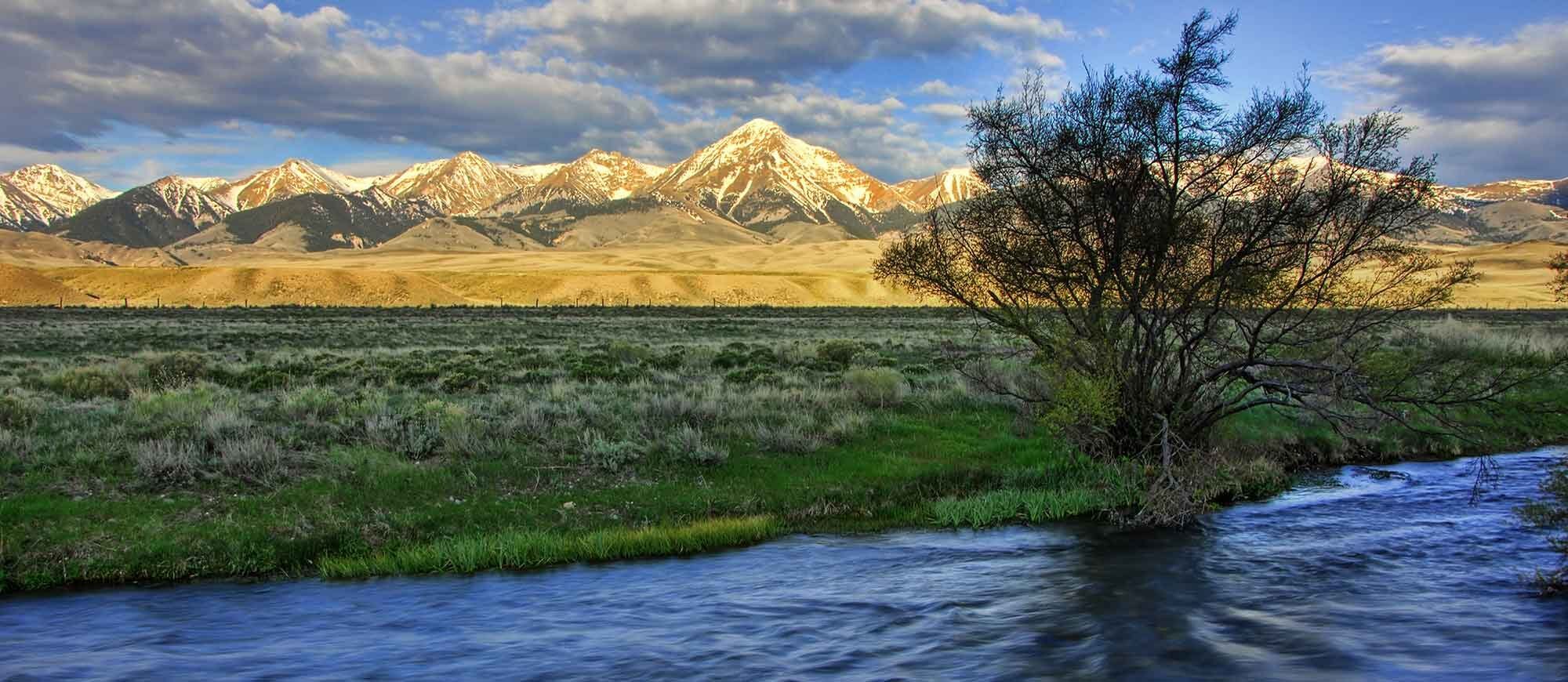
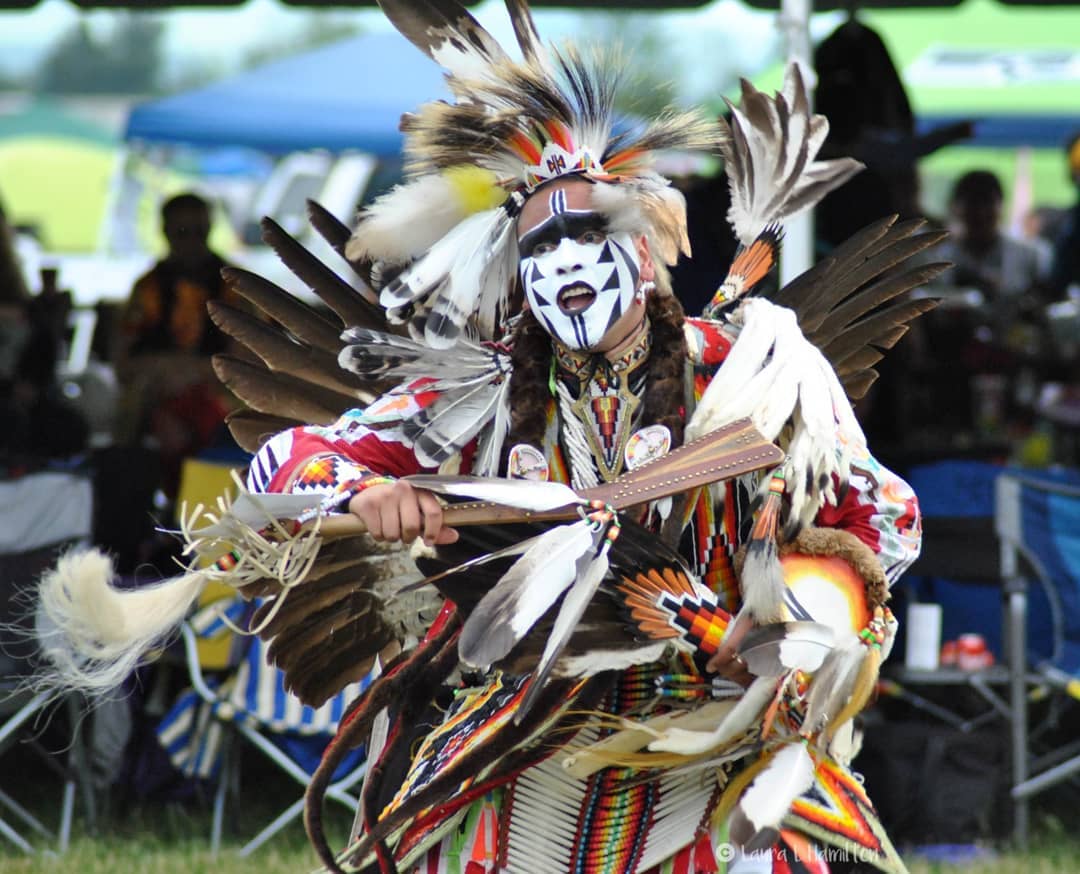
102 Agency Rd, Lapwai, ID 83540, USA
Distance: 3.41 mi (straight line)
Festivals and Events Tribal Experiences
View Listing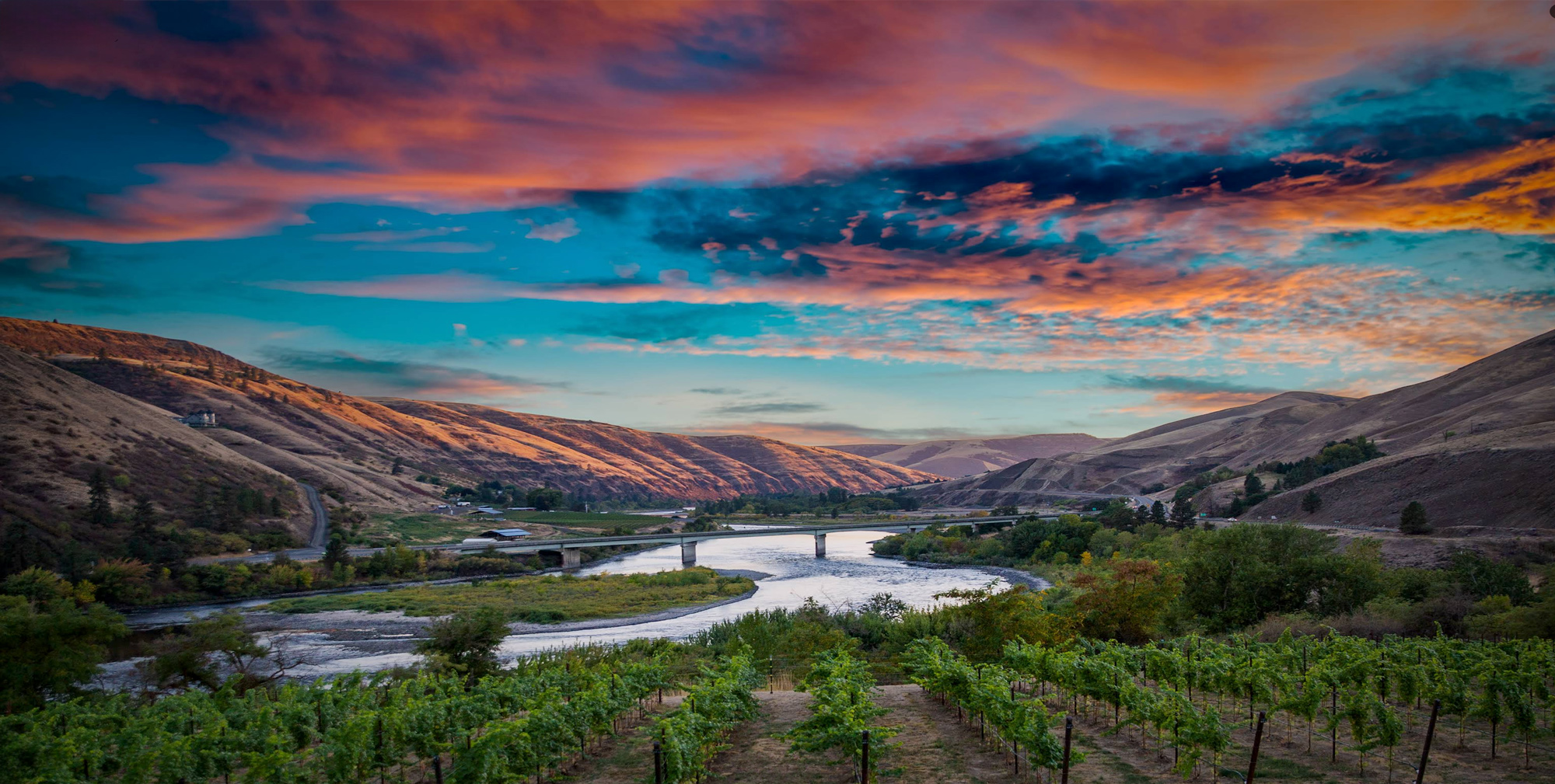
Rivaura Estate Vineyard and Winery, Rivaura Lane, Juliaetta, ID, USA
Distance: 3.42 mi (straight line)
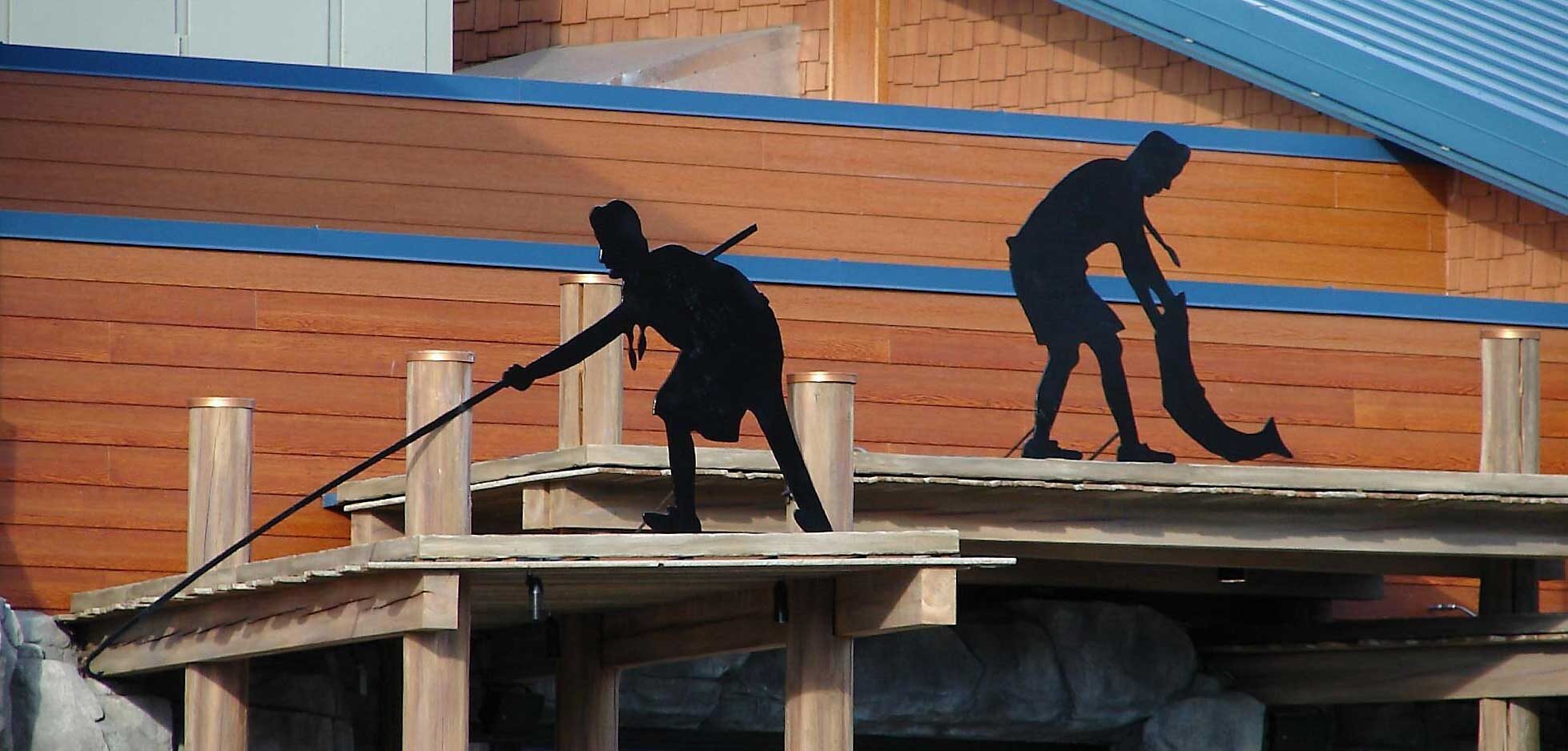
17500 Nez Perce Road, Lewiston, ID 83501, USA
Distance: 4.17 mi (straight line)
Food and Drinks Tribal Experiences Shopping Lodging RV and Camping
View Listing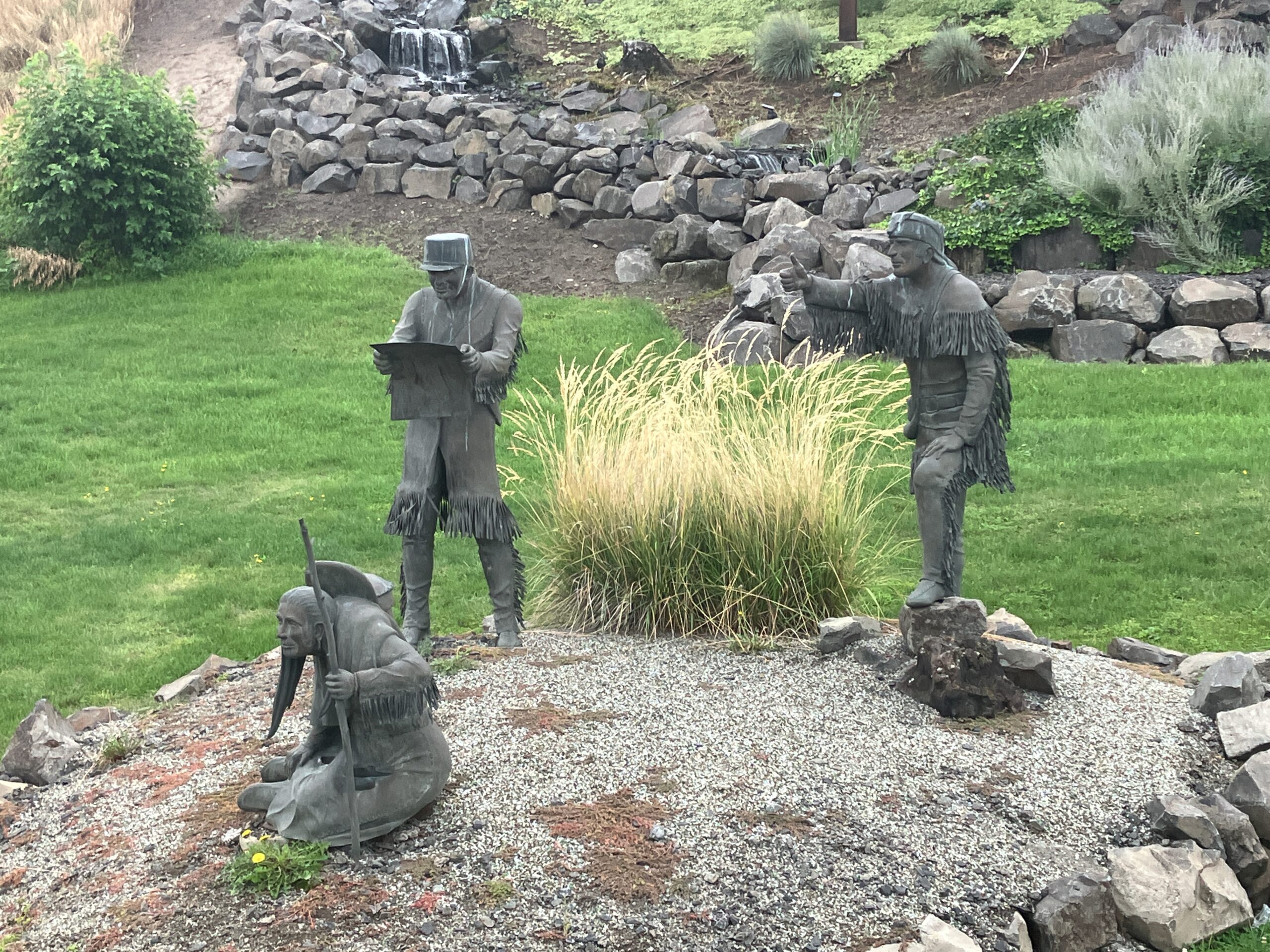
2102 Main St, Lewiston, ID 83501, USA
Distance: 8.79 mi (straight line)
General History Other Outdoor Experiences
View Listing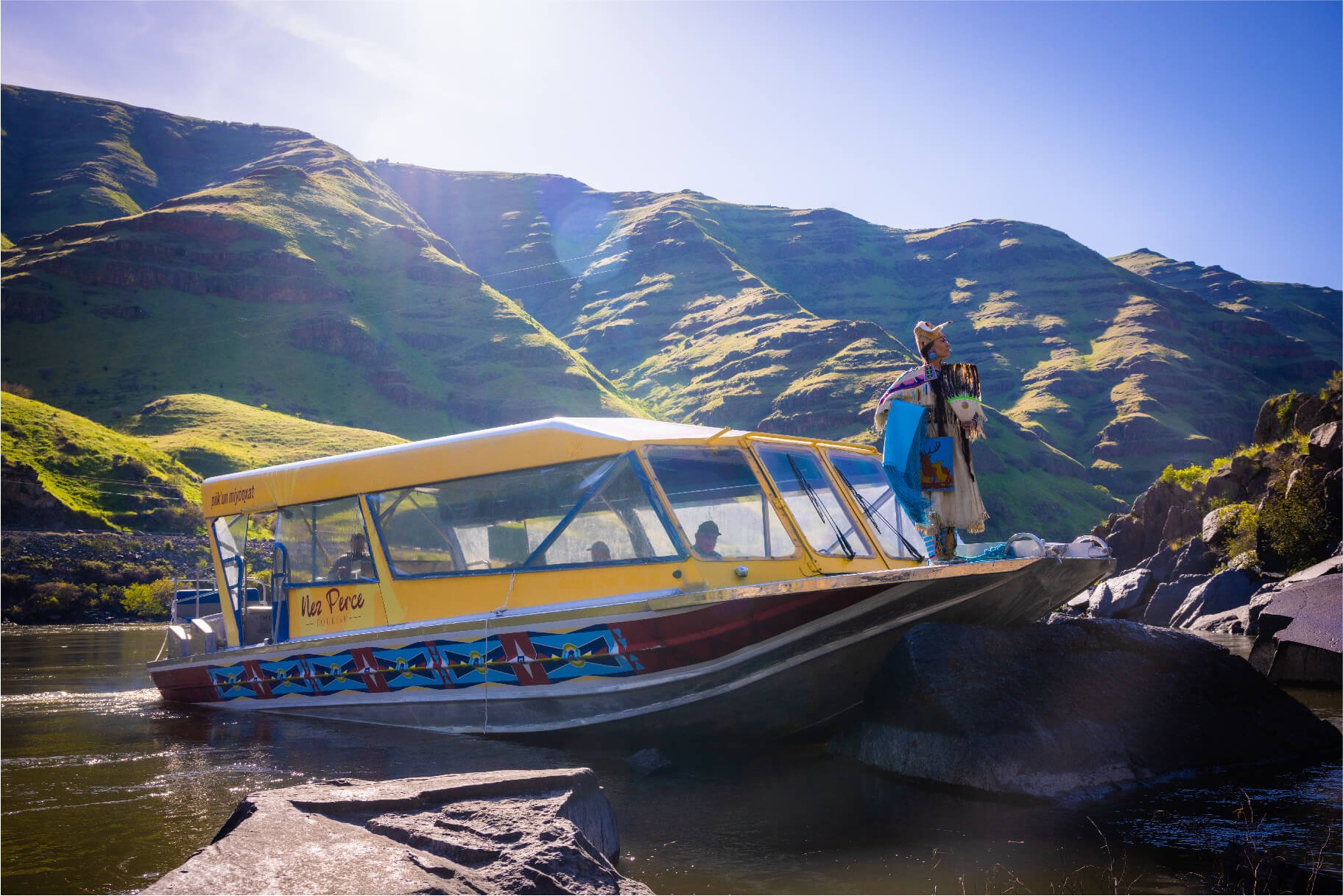
800 Main Street suite 4, Lewiston, ID 83501, U.S.
Distance: 9.77 mi (straight line)
Tribal Experiences Outdoor Experiences Outfitters
View Listing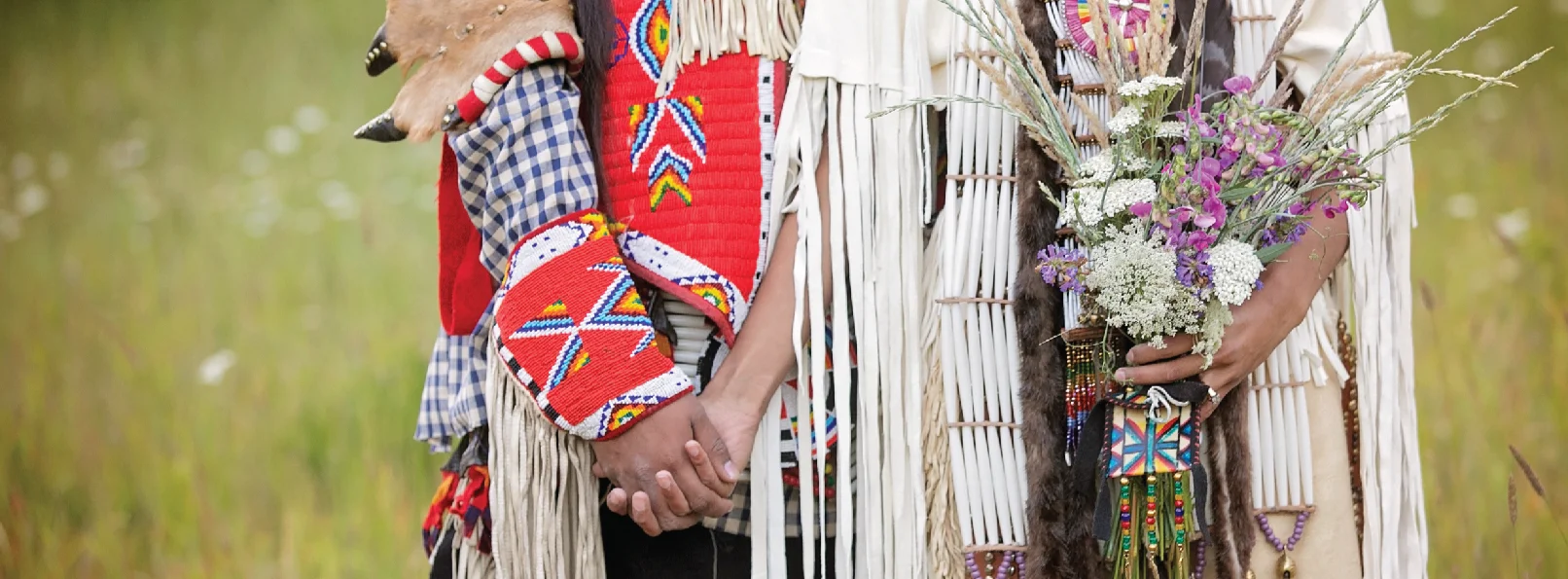
800 Main Street suite 4, Lewiston, Idaho 83501, USA
Distance: 9.77 mi (straight line)
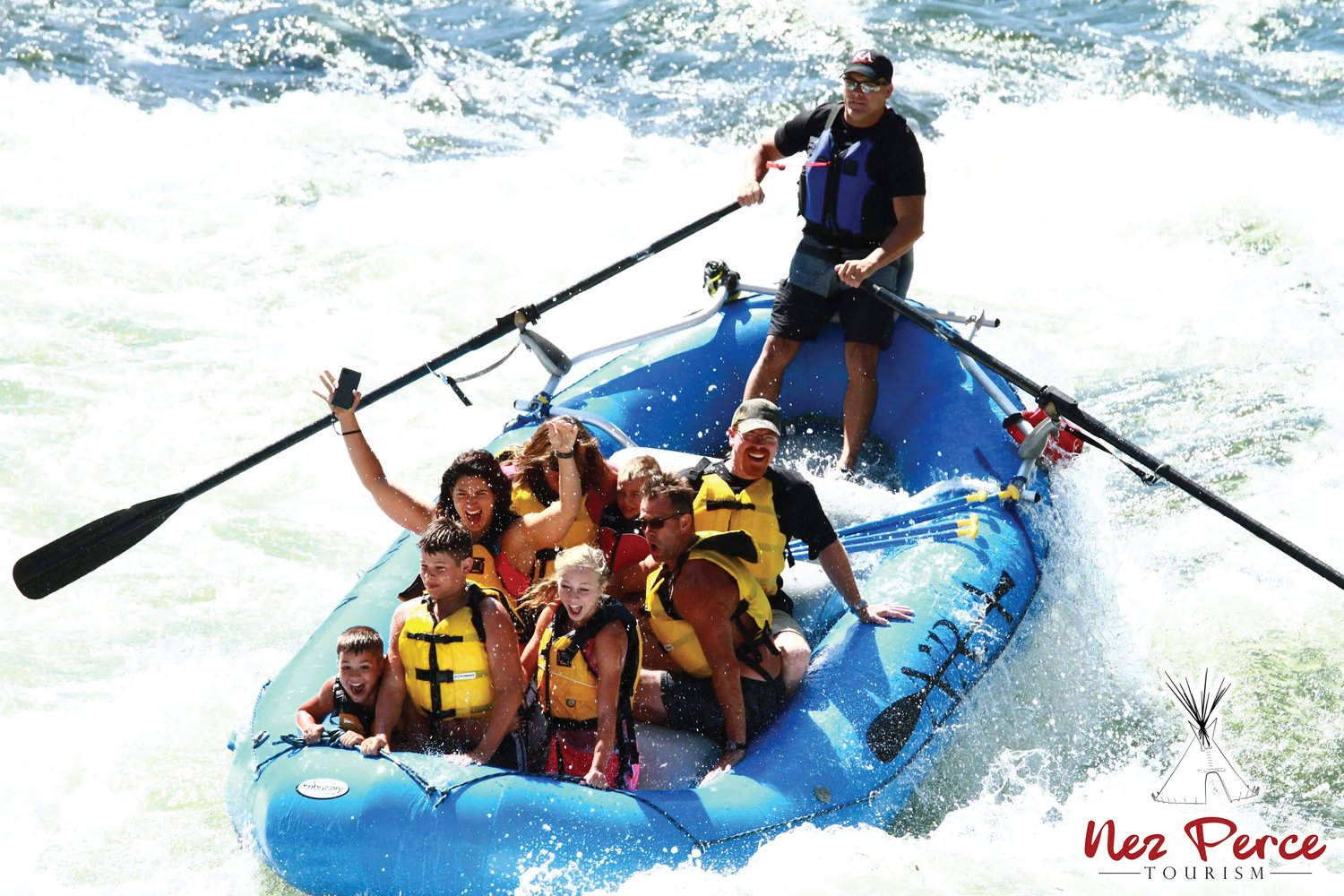
800 Main St SUITE #4, Lewiston, ID 83501, USA
Distance: 9.77 mi (straight line)
Tribal Experiences Outdoor Experiences Outfitters
View Listing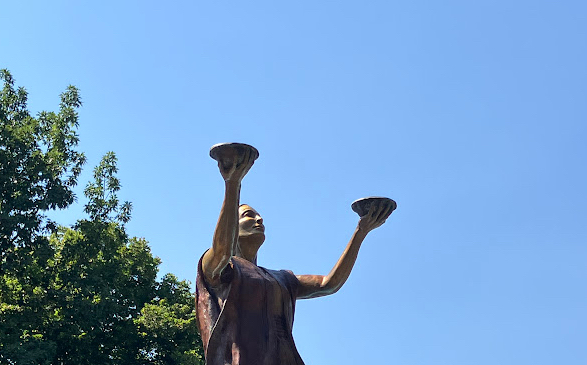
122 5th St, Lewiston, ID 83501, USA
Distance: 9.92 mi (straight line)
General History Outdoor Experiences Other Viewpoints
View Listing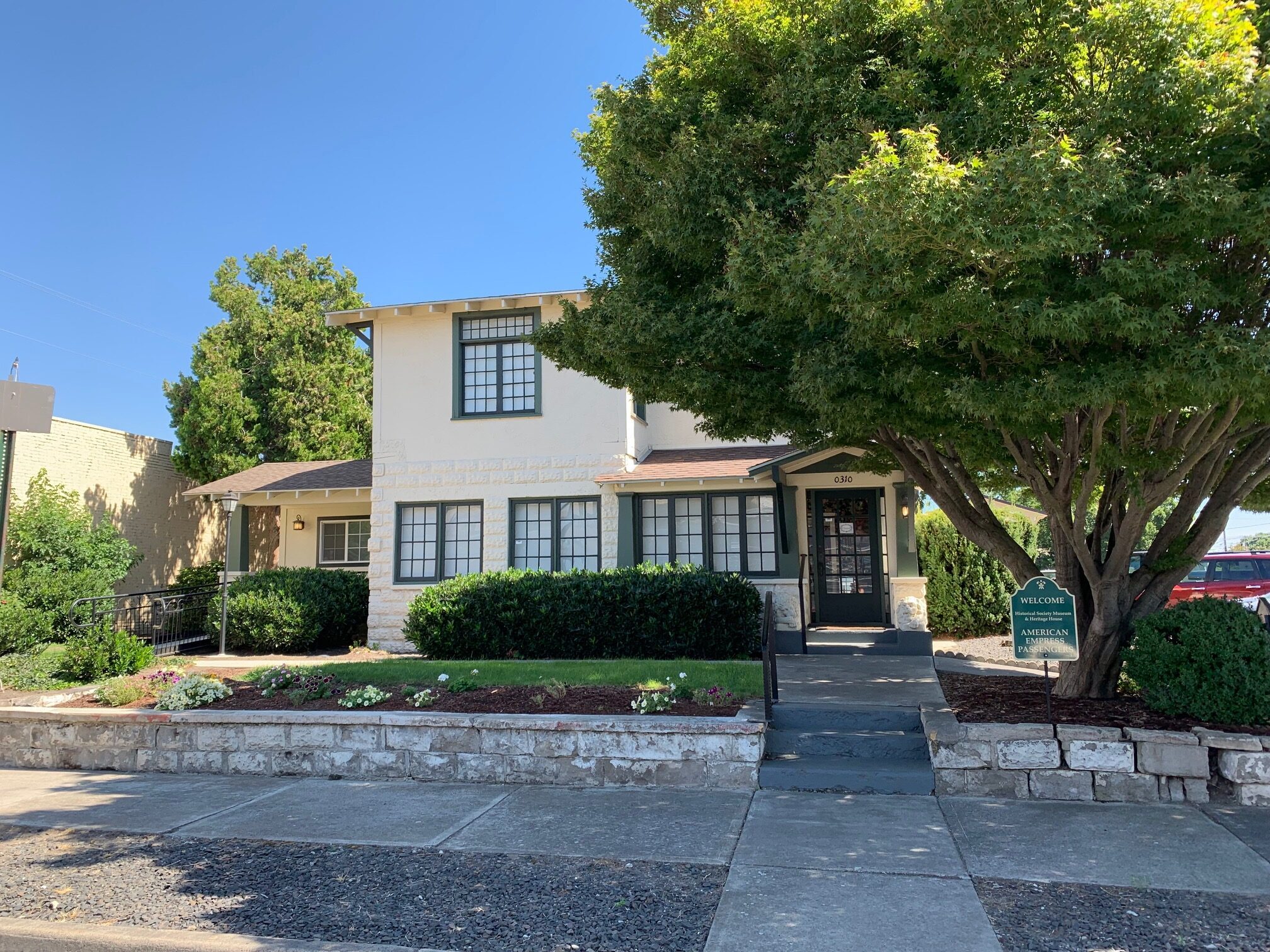
Nez Perce County Historical Society, 3rd Street, Lewiston, ID, USA
Distance: 9.97 mi (straight line)
Museums and Interpretive Centers LC Features
View Listing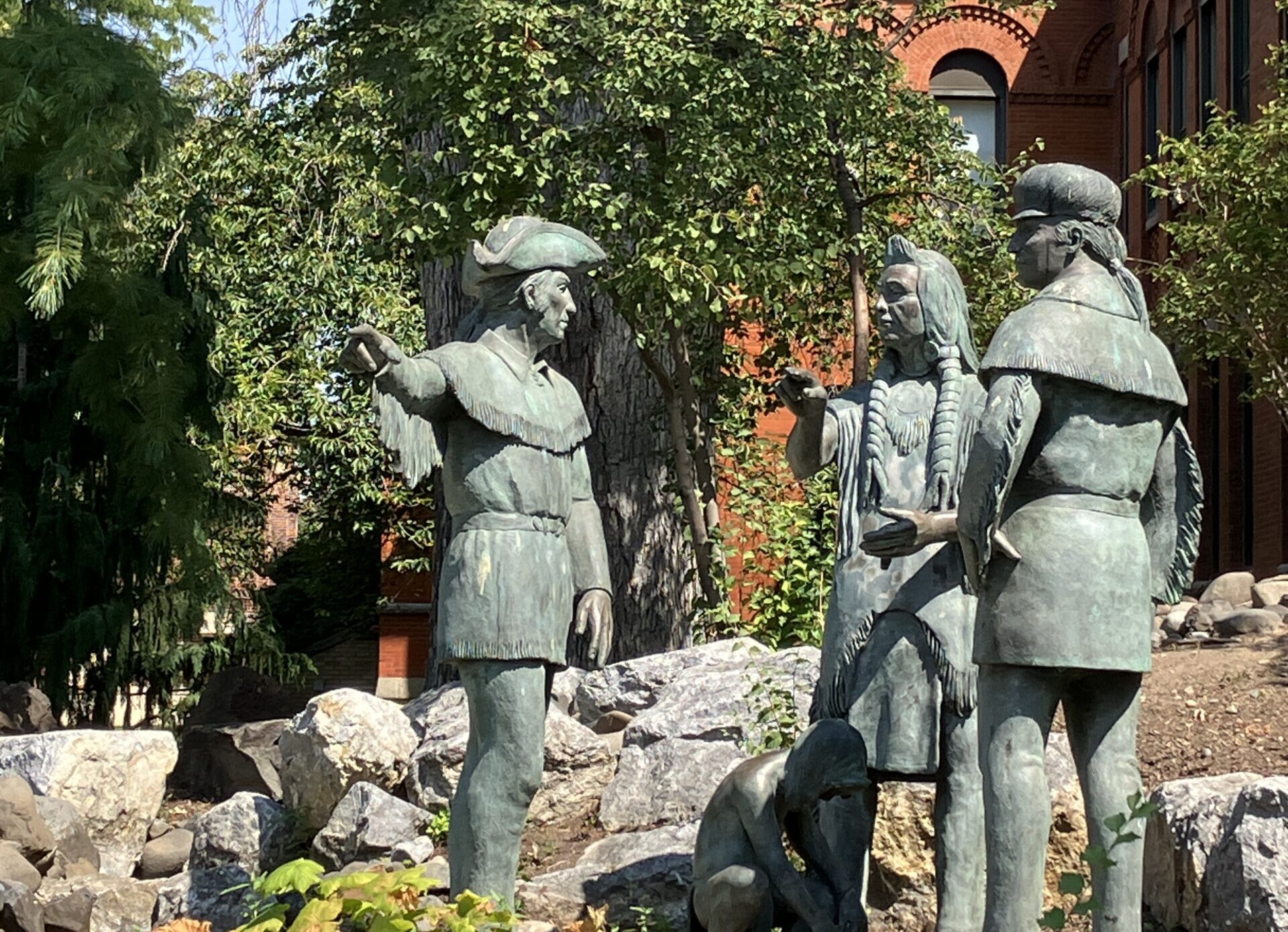
Meriwether Lewis Hall, 500 8th Ave, Lewiston, ID 83501, USA
Distance: 9.97 mi (straight line)
General History Other Outdoor Experiences
View Listing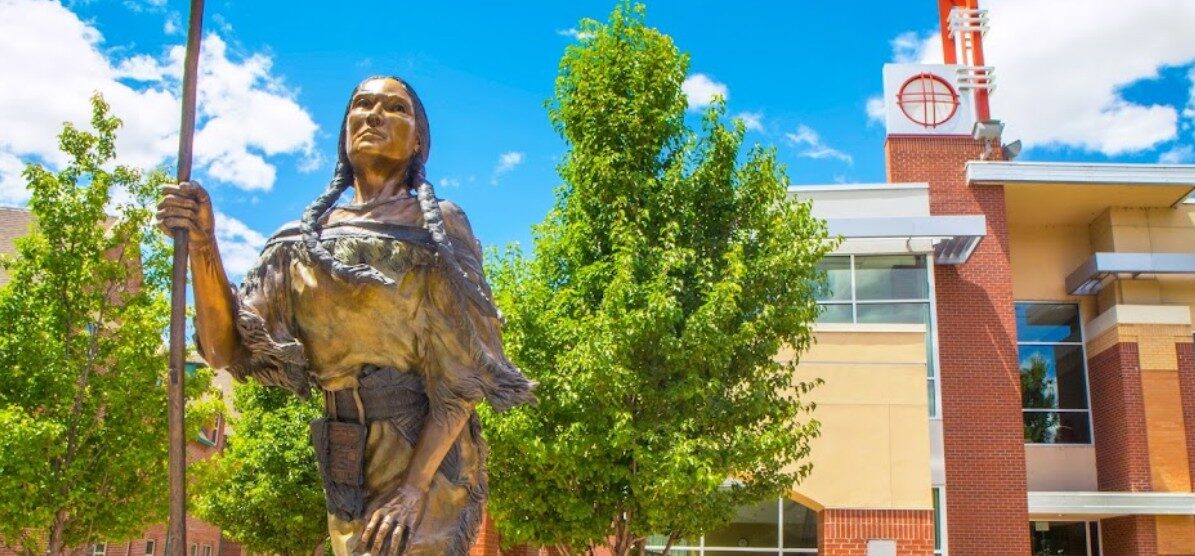
500 8th Ave, Lewiston, ID 83501, USA
Distance: 10.02 mi (straight line)
General History Other Outdoor Experiences
View Listing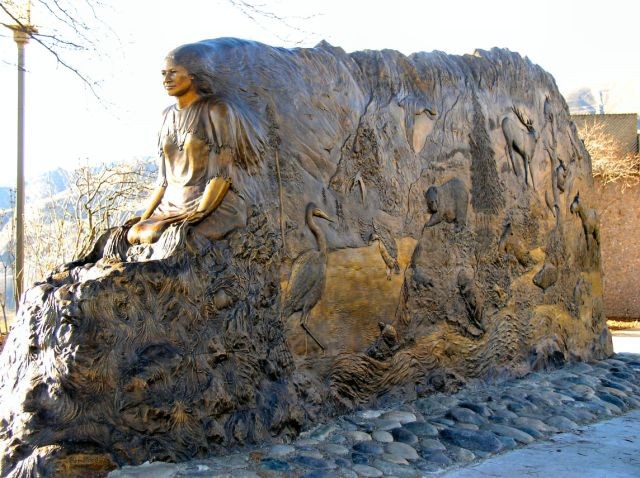
201 1st St, Lewiston, ID 83501, USA
Distance: 10.17 mi (straight line)
General History Other Outdoor Experiences
View Listing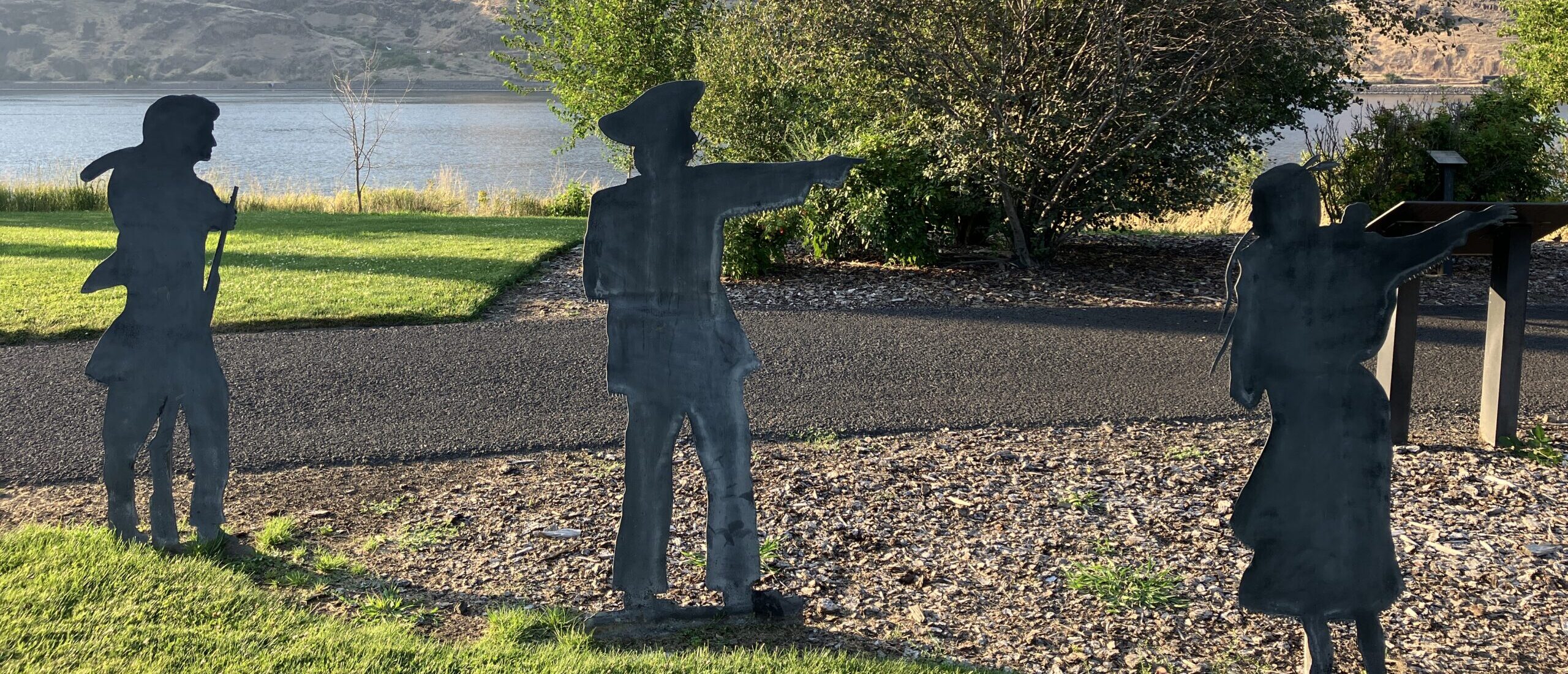
757 Port Way, Clarkston, WA 99403, USA
Distance: 10.84 mi (straight line)
General History Other Outdoor Experiences
View Listing
150 9th Street, Clarkston, WA, USA
Distance: 10.94 mi (straight line)
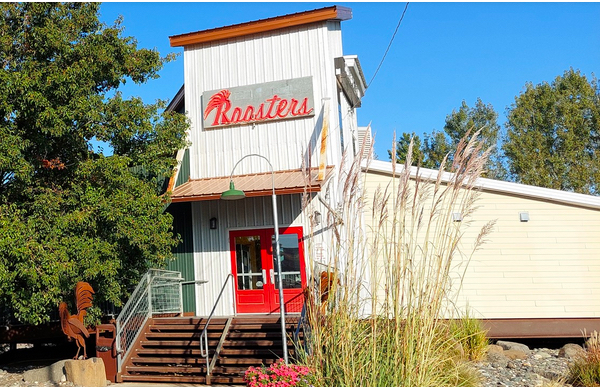
1010 Port Way, Clarkston, WA, USA
Distance: 11.11 mi (straight line)
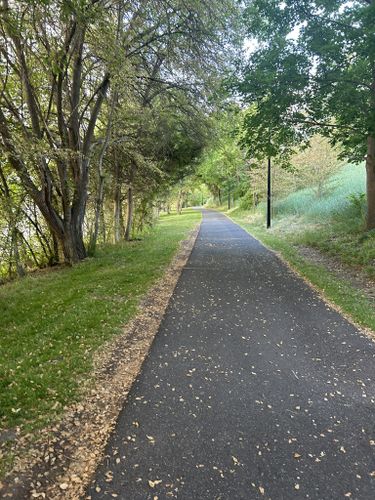
2504 Riverside Dr, Clarkston, WA 99403, USA
Distance: 11.74 mi (straight line)
Our bi-weekly newsletter provides news, history, and information for those interested in traveling along along the Lewis & Clark Trail.